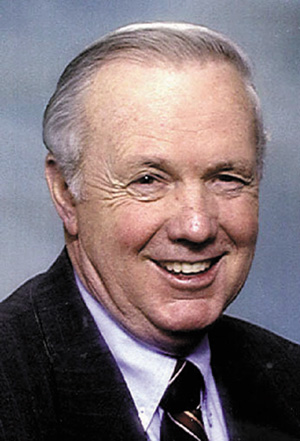No. 847 IS IT TIME TO RETHINK POVERTY?
No. 847
Jim Davidson -- NEWSPAPER COLUMN
IS IT TIME TO RETHINK POVERTY?
One of the saddest stories I hear these days is about the large number of people who are falling out of the middle class. Most of these people have lost their jobs, and as a result their home, and are struggling just to survive. This is a story we hear on the national news every day, and I don’t think for a moment that I have all the answers, but I could venture some possible reasons.
Rather than a rehash, I believe a better use of our time - yours and mine - may be to rethink poverty itself. We might begin with this question: What causes poverty and why are so many people in our nation and all across the world living in poverty? Since poverty in our society is determined by income levels, which is to say the amount of spendable income a person receives, from all sources, to meet their needs, this is where it might be profitable to invest a little of our time.
Here is a trick question for you to ponder for a moment. Since poverty is determined by income, would having more money solve the problem of poverty? Well, not according to David Boaz, executive vice president of the Cato Institute. The Cato Institute is a think tank based in Washington, DC, and is a public policy research organization dedicated to the principles of individual liberty, limited government, free markets and peace. This organization accepts no government funds and more than 80 percent of its budget comes from contributions from individuals and foundations.
In an article titled “Time for New Thinking about Poverty,” Mr. Boaz takes journalists to task for continuing to advocate more money to poor people and poor countries as a way to solve their domestic and global poverty. He says, “It’s remarkable that so many smart people in our society are unaffected by the evidence that such transfer programs just don’t work.” In another article two reporters talked about the destitute people who fled Hurricane Katrina and wondered if America would finally face the problem of poverty. They suggested that only a renewed “War on Poverty” is the real way to help the poor.
That aside, let’s look at the facts. The United States has spent $9 trillion (in current dollars) on welfare programs since President Johnson launched the War on Poverty in 1965. (This article was written in 2005 and you know what has happened since then). Critics have challenged this figure, saying it includes more than welfare alone. They go on to list some of these programs: Aid to Families with Dependent Children, Temporary Assistance to Needy Families, food stamps, Medicaid, Supplemental Food Program for Women, Infants and Children and a wide variety of other programs. Clearly, those are all entitlements for the poor.
The article continues, “There are more than 80 poverty-related programs, which in 2003 cost $522 billion.” The next line reads, “Yet despite these programs, 37 million Americans continue to live in poverty.” Mr. Boaz goes on to say, “It’s time for new thinking about poor people and poor countries. Transfer programs don’t work; they trap both people and countries in a state of dependence instead of self-reliance. Markets work. People who get a job — any job — and stick with it until they find a better one will stay out of the welfare and poverty trap. But welfare is a powerful lure away from the world of work.”
He concludes by saying, “And reporters need new glasses, to let them see the evidence in front of them rather than relying on their outmoded assumptions.” Get any job may be the key to future success.
---
(EDITOR'S NOTE: Jim Davidson is a public speaker and syndicated columnist. You may contact him at 2 Bentley Drive, Conway, AR 72034. To begin a bookcase literacy project visit www.bookcaseforeverychild.com. You won’t go wrong helping a needy child.)
